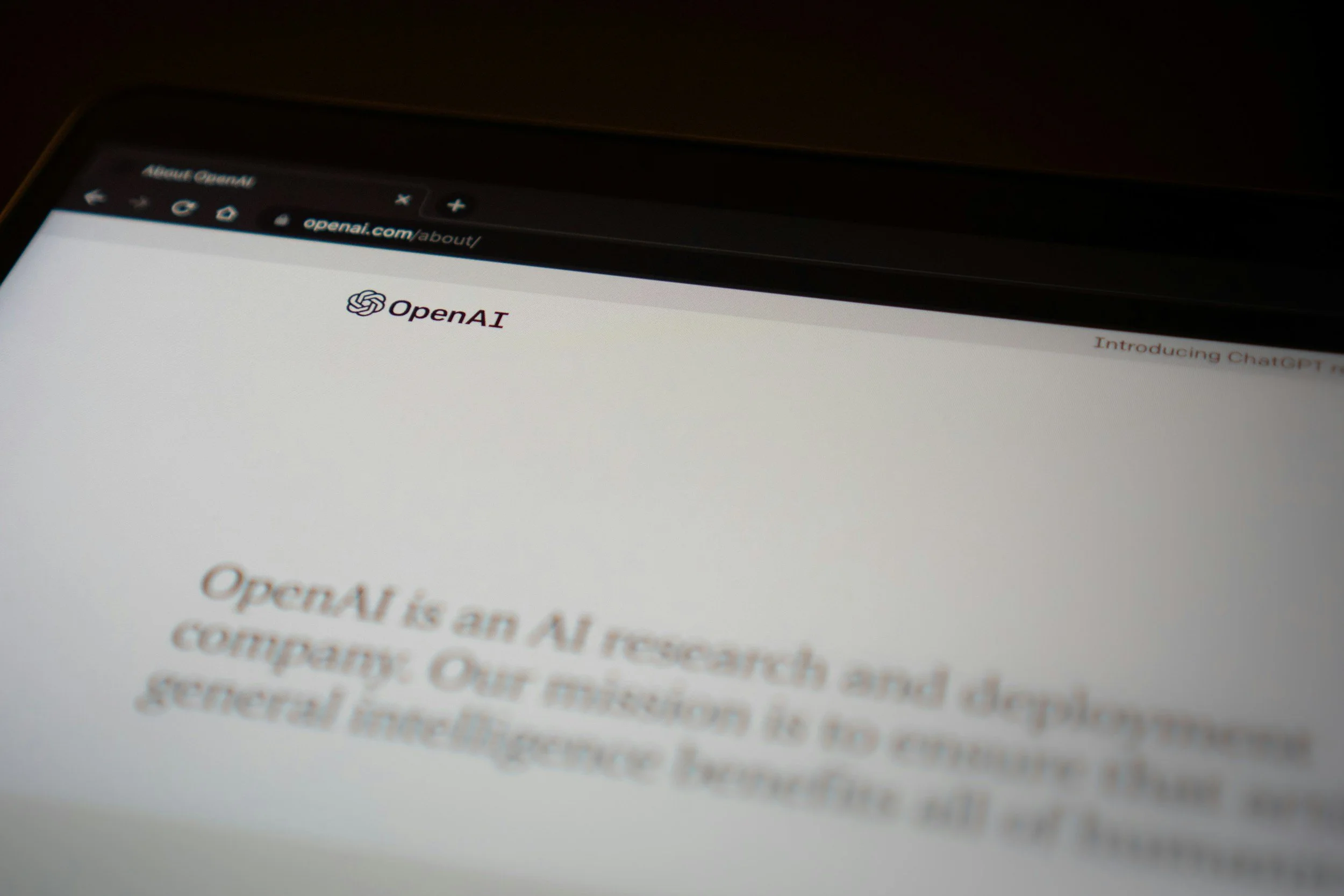The legal dispute between The New York Times and OpenAI (along with its primary investor, Microsoft) revolves around copyright infringement claims related to OpenAI’s use of The Times’ works. In December 2023, The New York Times filed a lawsuit against OpenAI and Microsoft in the United States District Court for the Southern District of New York. The lawsuit claims that OpenAI unlawfully used Times content to train its AI models, particularly ChatGPT, and that this use violated copyright law. OpenAI’s use of The New York Times articles for training a large language model is permissible under the doctrine of fair use because the use was transformative. OpenAI’s use of The New York Times articles served a different purpose than the original. Therefore, the court should rule in favor of OpenAI and Microsoft.
Read MoreThe 2024–2025 docket season will witness the U.S. Supreme Court decide the legal matter of Delligatti v. United States—the outcome of this case will determine whether or not the plaintiff is found guilty of committing attempted murder. The pleading of the case by the Supreme Court is that the plaintiff, Salvatore Delligatti, is found guilty of attempted murder, racketeering activity, as well as possession of a firearm in furtherance of a crime of violence. Salvatore Delligatti, an associate with the Genovese Crime Family, plotted to murder the neighborhood bully, Joseph Bonnelli, who was another associate with the Genovese Crime Family. Delligatti paid off a man to coordinate the murder with gang members, supplying them with a gun and a getaway car. However, the murder attempts against Joseph Bonneli were unsuccessful as there was a potential witness and the police were at the scene. Delligatti was charged with attempted murder, racketeering activity, and possession of a firearm in furtherance of a crime of violence in the Supreme Court. Delligatti appealed for his case in the Second Circuit and argued that his firearm conviction should be vacated and that his charge of attempted murder should be dropped since the crime wasn’t a crime of violence. Even if no physical force was used, a crime involving bodily harm or death nevertheless qualifies as physical force. One can broaden the concept of "death" or "bodily injury" to include "attempt of bodily injury/death."
Read MoreIn the realm of criminal justice, McElrath v. Georgia (2023) poses a critical question regarding the Double Jeopardy Clause, a safeguard enshrined in the Fifth Amendment. In 2017, Damien McElrath faced a legal quandary, initially set to be declared guilty of felony murder but ultimately found not guilty by reason of insanity for malice murder. The Georgia Supreme Court's characterization of these verdicts as "repugnant" raised the specter of a retrial, challenging the sanctity of acquittals. This article contends that McElrath's acquittal should stand, emphasizing the core principle of double jeopardy and highlighting the potential erosion of jury authority.
Read More



